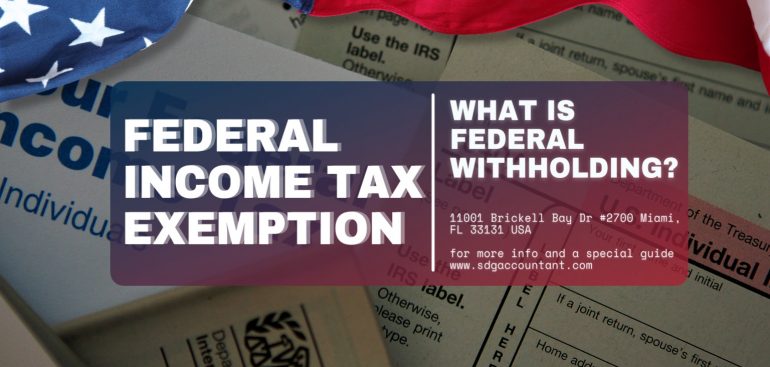A professional and legal term for an arrangement between two or more people who own property together is joint tenancy. All property owners have the same rights and obligations to the property. Married couples, non-married couples, acquaintances, family, and even business partners might all own the land. The joint tenancy agreement can be used for personal property, bank accounts, and brokerage accounts, but it is most typically utilized for real estate investments. The joint tenancy agreement gives all property owners equal rights and obligations.
The legal arrangement for joint tenancy provides owners with a right to survivorship. If one of the owners dies, the deceased owner’s interest will be transferred to the remaining owner without the need for a court appearance or the use of probate law. This means that the shares of a deceased owner are passed on to other owners rather than being inherited. It is critical to file joint tenancy with a trusted partner because these agreements are difficult to manage, and the property will be passed to the trusted partner if you die.
How Does Joint Tenancy Work?
Many married couples own joint tenancies because it is the safest way to keep a property in the same family. Joint tenants have an equal share of the property’s rights and interests. There is no primary owner; instead, the two tenants have a contract that allows them to visit the property at any time. Joint tenants have complete freedom to make decisions regarding the property and are not restricted from any elements or aspects of it.
How is a Joint Tenancy Created?

Anyone, whether a married couple or good friends, can apply to be a joint tenant. If you want to become joint tenants, talk to your real estate attorney about drafting a legal co-ownership agreement that meets all of your state’s criteria. They will also provide you with the best advice on whether the property is worth purchasing as joint tenants, as well as the benefits and drawbacks of doing so.
To become a joint tenant, there are a few prerequisites that must be satisfied. At the same time, all co-tenants of the land must receive equal shares of the property through the same deed. They must also have the same financial interest in the property and share equal financial responsibility. If the property has any loans, all owners are obligated to be responsible for those loans.
What happens If a Joint Tenant Wants to Sell Their Share?
In order for a co-tenant to sell their share of the property, all other tenants must agree. The co-tenants will be entitled to sell their interests in the property if all other tenants agree. If this occurs, a joint tenant will have to transfer their share of the property to another person who owns it. Keep in mind, however, that transferring shares ends the joint tenancy arrangement, therefore the new co-owner will need to enter into a new ownership agreement with the other co-tenants.
Tenancy in common is a new type of ownership agreement that is comparable to joint tenancy. Tenants in common, for example, are entitled to share their interest and will be equally accountable for all debts against the property’s loan.
What are the Mortgage Requirements for Joint Tenants?
In order to qualify for a loan, borrowers must have a credit score of at least 620 and a debt-to-income ratio of less than 50%. When applying for a mortgage as a joint tenant, however, co-tenants are allowed to add up their income and debts, increasing their chances of qualifying. They will easily qualify for mortgages if each co-tenant has a good credit score.
What are Some Advantages and Disadvantages of Joint Tenancy?
Becoming joint tenants has its own set of advantages and disadvantages. Here are a few of the many advantages:
- Property Protection: Joint tenants are allowed to share all property duties, such as paying off debts and maintaining the property. In this example, you would have to undertake all of the maintenance yourself if you were a single owner; however, shared tenancy shields you from a variety of situations.
- Property Access: In joint tenancy, the right of survivorship is a valuable asset since it avoids owners from having to go through probate court if a co-tenant dies. You are granted immediate access to the property.
The following are some of the disadvantages of joint tenancy:
- Relationships: If the tenants’ relationship is paused or ended, this could be a major issue. Selling the property’s shares without the consent of all co-tenants is difficult and passing the property to someone else without the death of one co-tenant is even more difficult.
- Property Management and Maintenance: If a co-tenant dies, it may be difficult to manage and maintain the property on your own. Once everything is passed to you, you will be burdened with a slew of duties.
For married couples, joint tenancy is a benefit, but it can also be a liability. If the property is purchased as joint tenants, the federal, state, and local taxes may differ. Contact our best tax preparers firm in Miami today to learn more about filing taxes on joint properties.
You can also schedule a free initial consultation with us by clicking on the following button:



